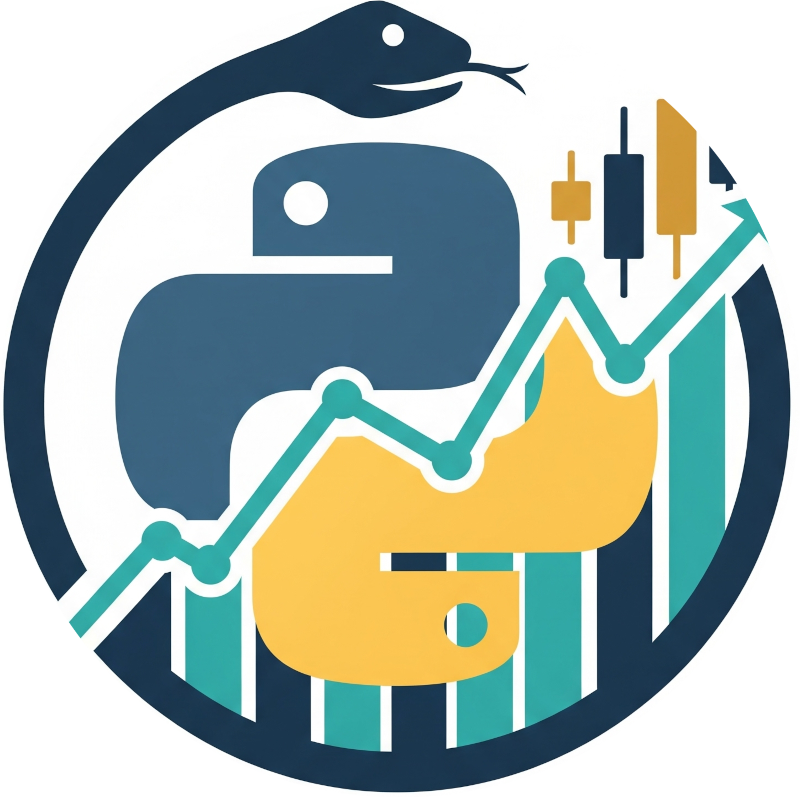PY-110

| Formats: | Asynchronous |
| Blended | |
| Online | |
| Onsite | |
| Part-time | |
| Level: | Beginner |
| Prerequisites: | |
| Recommended Knowledge | |
| Basic computer literacy | |
Formats: We offer our training content in a flexible format to suit your needs. Contact Us if you wish to know if we can accommodate your unique requirements.
Level: We are happy to customize course content to suit your skill level and learning goals. Contact us for a customized learning path.
Python Fundamentals for Financial Professionals (PY-110)
Welcome to PY110: Python for Financial Professionals (Fundamentals)—a practical and focused course designed to equip you with the essential Python skills needed to excel in the world of finance. This isn't an academic deep dive; it's a hands-on experience built to help you automate tedious, repetitive tasks, perform powerful data analysis, and pull real-time financial information. Whether you're an analyst buried in Excel spreadsheets or a banker looking to level up your toolkit, this course will provide a robust, job-ready foundation that immediately translates to increased productivity and new career opportunities.
Target Audience
- Financial analysts, accountants, auditors, bankers, and finance professionals who want to enhance productivity with automation and data analysis.
- Professionals who rely heavily on Excel and want to level up into Python-powered analytics.
- Beginners in Python who work with financial datasets daily.
Prerequisites
- Comfort with spreadsheets and financial concepts like cash flows, returns, and interest rates.
- No prior programming knowledge required (we start from the basics).
Course Benefits
By the end of this course, you will be able to:
- Automate repetitive financial reporting tasks currently done in Excel.
- Import, clean, and manipulate financial datasets using Python.
- Access real-world financial data from APIs (e.g., stock prices, forex, economic indicators).
- Build basic models for cash flow, NPV, and ROI analysis.
- Visualize trends and present insights through professional plots.
- Position yourself for advanced roles in quantitative finance, fintech, and data-driven decision-making.
Course Outline (3–4 Days)
Module 1: Python Essentials for Finance
- Introduction to Python, setting up environment (Anaconda, Jupyter Notebooks).
- Python basics: variables, data types, lists, dicts.
- Control flow (if/else, loops).
- Functions and reusable code.
- Working with dates & times for financial data (
datetime). - Hands-on: Calculate loan repayments, annuities, and compound interest.
Module 2: Working with Data
- Import/export data: CSV, Excel, JSON.
- Using pandas for tabular data (cleaning, filtering, grouping).
- Handling missing values and outliers.
- Descriptive statistics (mean, median, correlation).
- Hands-on: Load financial data, calculate returns & volatility.
Module 3: Financial Analysis with Python
- NPV, IRR, and basic cash flow analysis.
- Time value of money functions.
- Automating Excel reports with
openpyxl/xlwings. - Using
NumPyfor fast calculations. - Hands-on: Create a reusable financial calculator.
Module 4: APIs, Visualization & Reporting (Capstone)
- Accessing stock & market data using
yfinanceand Alpha Vantage API. - Automating data pulls for daily reporting.
- Data visualization with
Matplotlib&Seaborn(candlestick charts, moving averages). - Hands-on Capstone Project: Build a simple portfolio tracker that pulls stock prices, calculates returns, and generates charts.
Tools & Libraries
- Core Python:
datetime,csv,json. - Data Wrangling & Analysis:
pandas,NumPy. - Visualization:
Matplotlib,Seaborn. - Excel Integration:
openpyxl,xlwings. - APIs & Market Data:
yfinance, Alpha Vantage.
Career Outcomes
After completing this course, you will be able to:
- Automate tedious spreadsheet work, saving hours weekly.
- Confidently work with APIs and financial datasets in Python.
- Improve reporting quality with automated, repeatable Python workflows.
- Be prepared to progress into intermediate machine learning for finance.
This course gives financial professionals a practical, job-ready foundation. Ready to transform your workflow and boost your career?